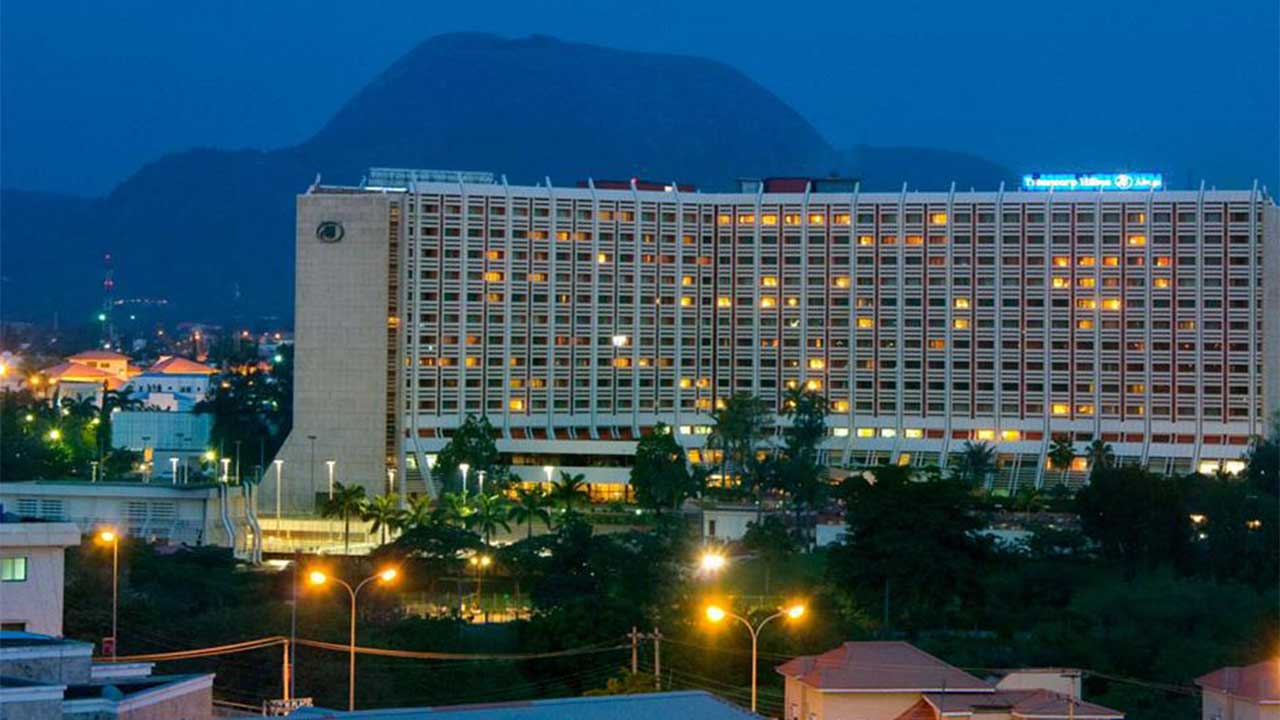- Assets, Contributors Rise Under CPS
Total assets under the Contributory Pension Scheme stood at N8.9tn as of the end of February 2019, according to latest figures from the National Pension Commission.
Workers under the scheme stood at 8.5 million in the same period.
The pension industry is a sector specially created to cater to the financial future of workers in their vulnerable age, when they are no longer in paid employment.
It ensures that a retiree continues to receive regular stipends, instead of staying without any salary.
In Nigeria, the CPS was introduced in 2004 by the Pension Reform Act.
Latest figures obtained from PenCom’s 2018 fourth quarter report revealed that the pension industry recorded a 1.63 per cent growth in the scheme membership during the fourth quarter of 2018, from 8.34 million contributors at the end of the third quarter to 8.47 million.
It stated that the growth in the industry membership was driven by the Retirement Savings Account scheme, which had an increase of 138,236 contributors, representing 1.64 per cent.
However, membership of the Closed Pension Fund Administration scheme declined by 71 members (23,332) while the Approved Existing Scheme membership remained unchanged at 40,951.
A breakdown of the RSA registrations indicated a 0.82 per cent (29,455) increase in RSA membership from the public sector during the fourth quarter of 2018 to 3,609,350, which represented 42.92 per cent of the total RSA registrations.
Private sector membership increased by 2.32 per cent (108,781) in the quarter under review, which brought total registrations from the sector to 4,800,834, representing 57.08 per cent of total RSA membership.
PenCom attributed the growth to the increased level of compliance by the private sector as a result of the various steps taken by the commission to improve compliance and coverage, as well as marketing strategies of the Pension Fund Administrators.
The report added that the total monthly pension contribution made by contributors from both the public and private sectors was N5.09tn as of the end of the fourth quarter of 2018.
This showed an increase of N145.41bn, representing 2.94 per cent growth over the total contributions as at the end of the previous quarter.
During the fourth quarter of 2018, the total contributions received from the public sector amounted to N50.03bn (34.41 per cent) while the private sector contributed N5.38bn (65.59 per cent).
A review of the aggregate total contribution showed that N2.56tn or 50.35 per cent of the contribution came from the public sector, while the private sector contributed the remaining 49.65 per cent (N2.53tn).
The aggregate total pension contributions of the private sector increased from N2.43tn as at third quarter of 2018 to N2.53tn as at the end of the reporting period representing a growth of 4.04 per cent.
It added that the aggregate total pension contribution of the public sector increased by 3.21 per cent from N2.51tn to N2.56tn over the same period.
In the report, it stated that many retirees had continued to earn monthly stipends.
The commission approved a total of 4,350 applications for retirement under life annuity during the quarter, bringing the total number of retirees receiving their retirement benefits through the annuity plan to 61,652.
The 4,350 retirees received N8.61bn as lump sum payment and paid premium of N38.91bn to insurance companies and monthly annuity of N260.14m.
This resulted in total lump sum payment of N76.78bn, premium of N328.88bn and monthly annuity payment of N3.26bn as at the end of fourth quarter, 2018..
In the report, the total number of retirees currently receiving their pensions under the programmed withdrawal contracts increased by 4.80 per cent from 191,556 in the previous quarter to 200,747 as at the end of the fourth quarter of 2018.
A sectorial breakdown showed that 65.19 per cent of those that received pension under the PW were from the public sector while retirees from the private sector accounted for the remaining 34.81 per cent.
During the quarter under review, the sum of N26.88bn was paid to 9,191 retirees as lump sum and N1.96bn as monthly programmed withdrawals.
The acting Director-General, PenCom, Aisha Dahir-Umar, said the CPS had been very impactful in Nigeria since the commencement of its implementation in 2004.
She said, “The formation of long-term domestic capital, represented by the over N8.74tn worth of pension assets as at January 2019, belonging to 8.46 million formal sector participants, is slowly but surely changing Nigeria’s financial landscape.
“This, by extension, is also transforming the course and pace of our socio-economic development. For instance, N6.51tn, representing 73 per cent of the total pension assets, is invested in Federal Government securities issued to finance various activities of government.
“Thus, in the area of infrastructure alone, the pension funds invested about N95.31bn in the N200bn Sukuk issued by the Federal Government. Similarly, out of the N10.67bn green bond issued by the Federal Government, pension funds invested N7.19bn.”
The President, Pension Fund Operators Association of Nigeria, Mrs Aderonke Adedeji, said that the micro pension scheme was recently introduced by the Federal Government, and it allowed those in the informal sector to join the CPS.
Before the introduction of the micro pension, she said the informal sector workers did not have the opportunity to have pension accounts.
According to her, there are currently 32 pension operators which comprised of 22 Pension Fund Administrators, six Closed Pension Fund Administrators and four Pension Fund Custodians.
Towards the end of 2018, she said the multi-fund structure was introduced which allowed customers to align their risks profile to their investment portfolio.
She said its investment guidelines had been revised to accommodate the micro pension funds and the non-interest funds, which made the total investment portfolio to rise to six.
According to her, the acceptance level of the CPS had continued to rise among the populace.


 Forex3 weeks ago
Forex3 weeks ago



 Naira2 weeks ago
Naira2 weeks ago
 Billionaire Watch2 weeks ago
Billionaire Watch2 weeks ago




 Naira2 weeks ago
Naira2 weeks ago




 Naira2 weeks ago
Naira2 weeks ago






 Naira4 weeks ago
Naira4 weeks ago


 Naira1 week ago
Naira1 week ago






 Naira4 weeks ago
Naira4 weeks ago













